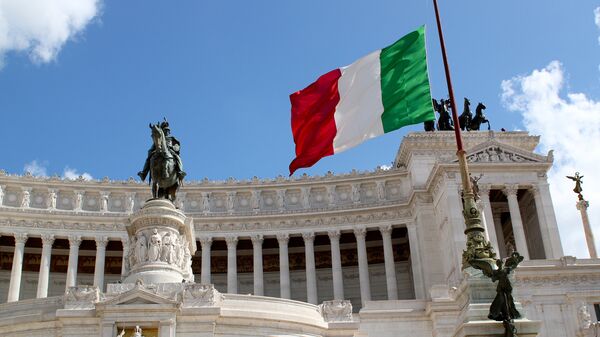"The position of the executive is clear and unanimous," Tria recently told Italian newspaper Corriere della Sera.
"There isn't any discussion on a plan to leave the euro […] the government is determined, in any event, to prevent market conditions which push towards the exit to be materialized," he remarked.
Tria's comments come after warnings from the European Commission and other EU members that the new eurosceptic Italian administration would adopt policies to leave the euro.
However, Tria reassured the European Commission that Italy's strategy would be "based on structural reforms" and that Italy would also "make progress on many aspects of the European governance program and banking union."
Although the new Italian government is not planning on leaving the euro, several members of the coalition, including Interior Minister Matteo Salvini, have criticized the bloc and its currency and have suggested holding a referendum in Italy about leaving the economic union.
A March 4 Italian parliamentary election resulted in the M5S securing over 32 percent of the vote. The center-right coalition, consisting of the Lega party, Forza Italia and the Brothers of Italy movement, received 37 percent of the vote. The Democratic Party won about 20 percent of the vote. None of the parties obtained the majority required to form a one-party government.



